Reese: Protect Gig Economy Workers in Utah
Photo of Lyft loading screen (Photo by Tom Denton | The Daily Utah Chronicle)
March 6, 2021
Beyond the race for the White House, one of the biggest changes to come from the 2020 election was California’s passage of Proposition 22, which allows gig economy companies to classify their workers as independent contractors instead of employees. Companies like Uber, Lyft and Instacart poured $200 million into the campaign to pass Prop 22, effectively buying their own labor laws. These corporations told the voters and consumers that if Prop 22 failed, they would be forced to raise their prices. When the proposition passed, they raised prices anyway.
Now, gig economy corporations are hoping to pass similar laws throughout the country. In Utah, they have an ally in Sen. Dan McCay, who is running S.B. 209, Gig Workers Amendments. His bill, like Prop 22, would ensure that workers who work under gig economy services would not be considered employees by the corporations they perform services for. Laws like these only serve corporate interests at the expense of workers’ well-being.
Low Wages and Fewer Jobs
Utah’s minimum wage sits at $7.25, which is the federal minimum standard. In California under Prop 22, some gig economy workers make just $5.64 an hour because of their non-employee status. S.B. 209 would subject Utah gig economy workers to the same below-minimum pay that their Californian counterparts are expected to live on. Nowhere in McCay’s bill does it establish a minimum wage or rate corporations need to pay workers. Instead, that decision is left to greedy corporations.
Under S.B. 209, Utah could suffer another consequence similar to Prop 22’s: the replacement of current labor with underpaid gig economy workers. California grocery chains like Vons and Albertsons have fired their delivery staff and signed deals with DoorDash to use their cheaper labor instead. Utah is a Right to Work state which makes firing employees without cause much easier. The mass firing of delivery employees that happened in California could easily happen in Utah grocery stores as companies seek to maximize their profits at human costs. Utah gig workers would not fare better under a Utah version of Prop 22. Instead, it would subject them to lower wages and decreased protection while working. The consequences of such legislation, as seen in California, also lead to the elimination of jobs when unemployment is already running high.
Consumers Won’t Fare Better
Laws like Prop 22 don’t help consumers, either. Gig economy corporations raised prices after Prop 22 passed even though they said they wouldn’t. All major corporations that backed the proposition have since increased prices and added service fees to normal costs. Instacart, for example, increased its service fee from 5% to 8%. Utah consumers who use these apps will face increases in fees all while workers suffer and corporate executives grow wealthier. In an interview with Forbes Magazine, law professor Veena Dubal said that increasing service fees should be expected since “the entire business model is based on capturing the market, addicting consumers to the service and then raising fees.” These corporations lied in their campaign to buy their own labor laws and now consumers are the ones footing the bill.
Gig Corporations Benefits
To save face, gig economy corporations claimed they would offer some new benefits to their workers after Prop 22 passed. Utah gig workers can expect to see the same hard-to-achieve benefits that California workers receive if they let these corporations exploit their labor. Uber, for example, pays $400 towards health insurance for drivers who work 25 “engaged” hours per week. “Engaged” hours do not include the time spent waiting to give a ride or driving to and from a rider’s location. A study conducted by UC Berkeley’s Labor Center claims that drivers would have to work 40 hours to meet the 25 “engaged” hours Uber demands for the healthcare stipend. Drivers also have to have an existing healthcare plan and must be the primary person on the plan. These prerequisites make it nearly impossible for Uber drivers to actually gain healthcare coverage. Uber drivers in Utah would face the same challenges under a bill designed to be like Prop 22.
What is occurring in California under Prop 22 is an example of what Utahns would face under S.B. 209 if it ever gets out of committee. McCay can look to California to see the effects of stripping gig workers of their employee status. Bills like these are designed to help corporations maximize their profits, keep workers underpaid and make consumers pay more. The gig economy’s model threatens the way we work. It won’t improve workers’ lives. Instead, it will consume good-paying jobs to create a class of severely underpaid on-demand workers.


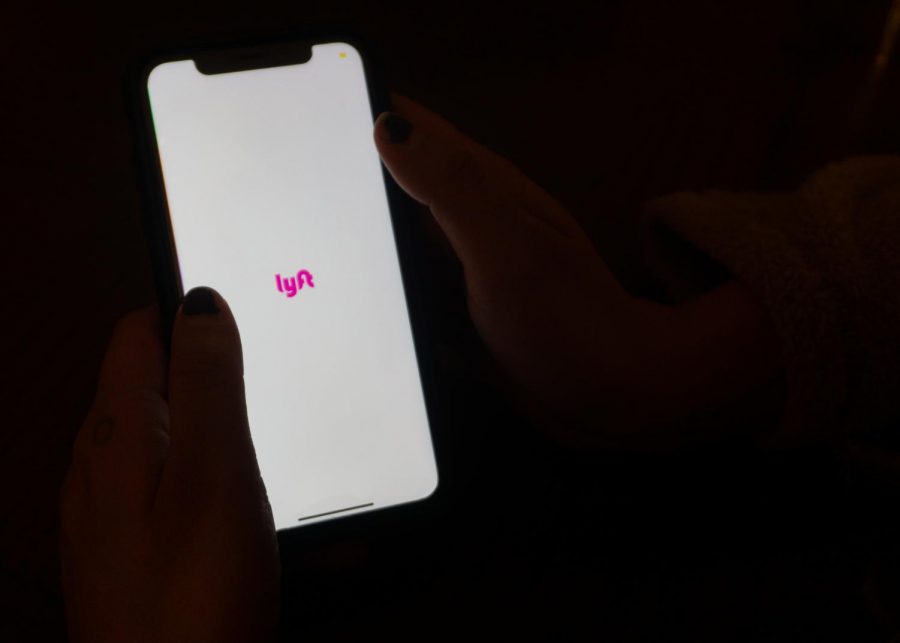


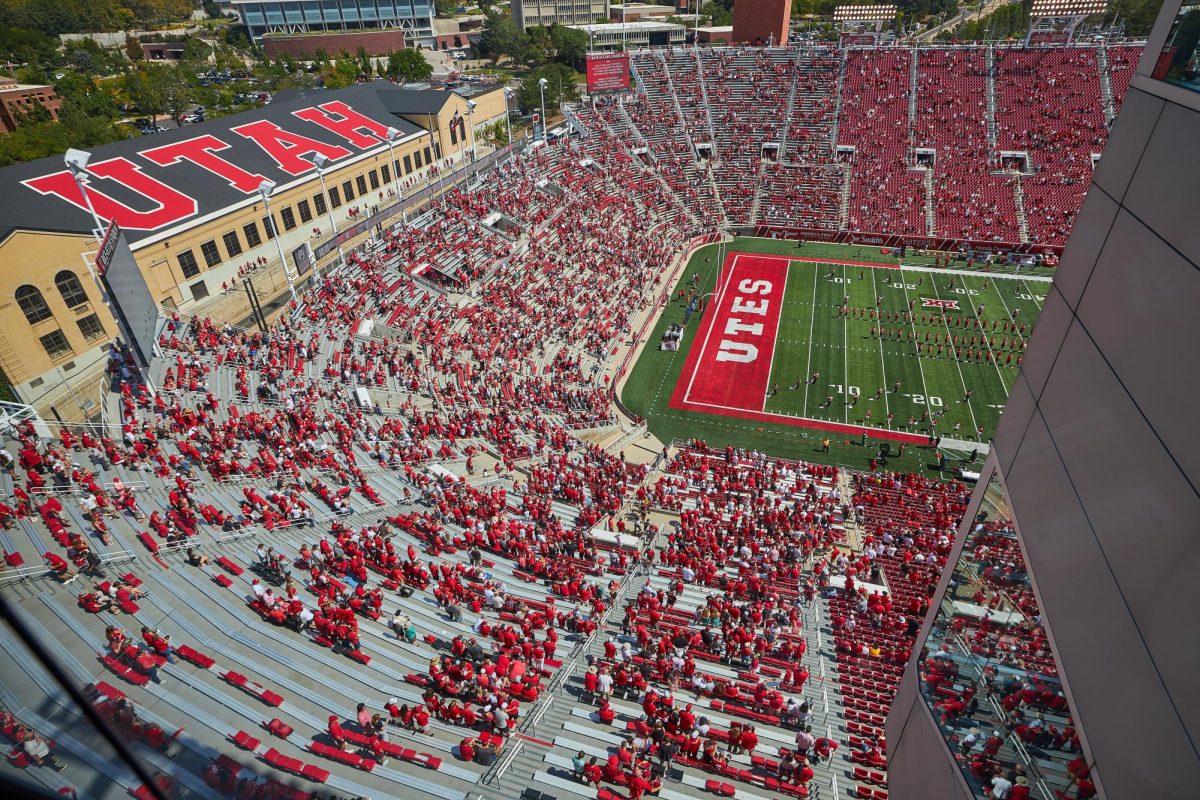
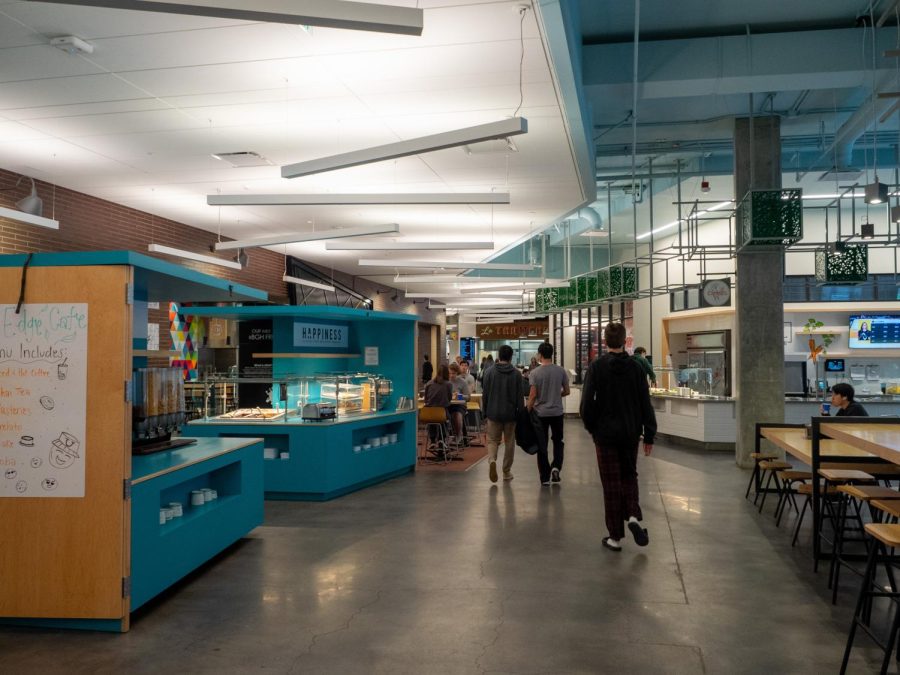

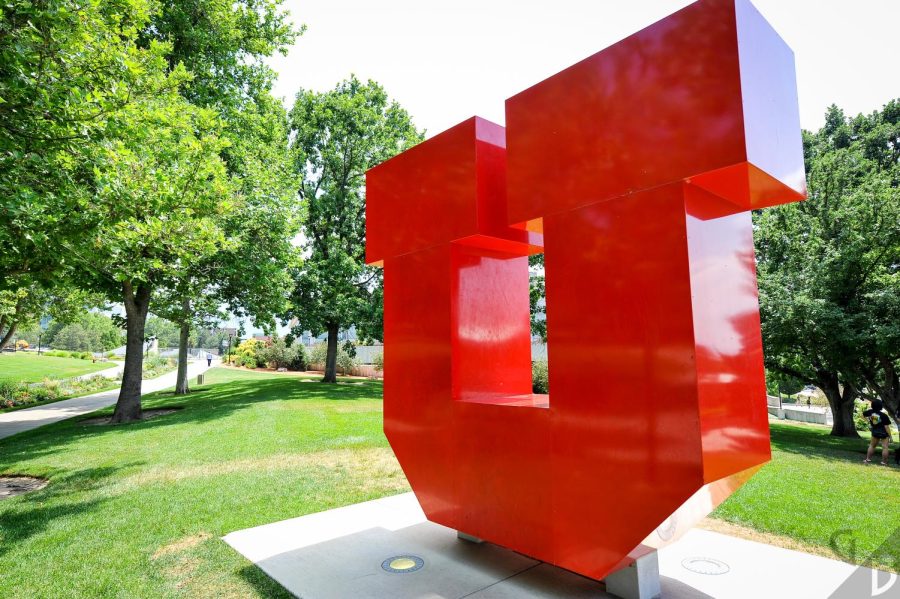
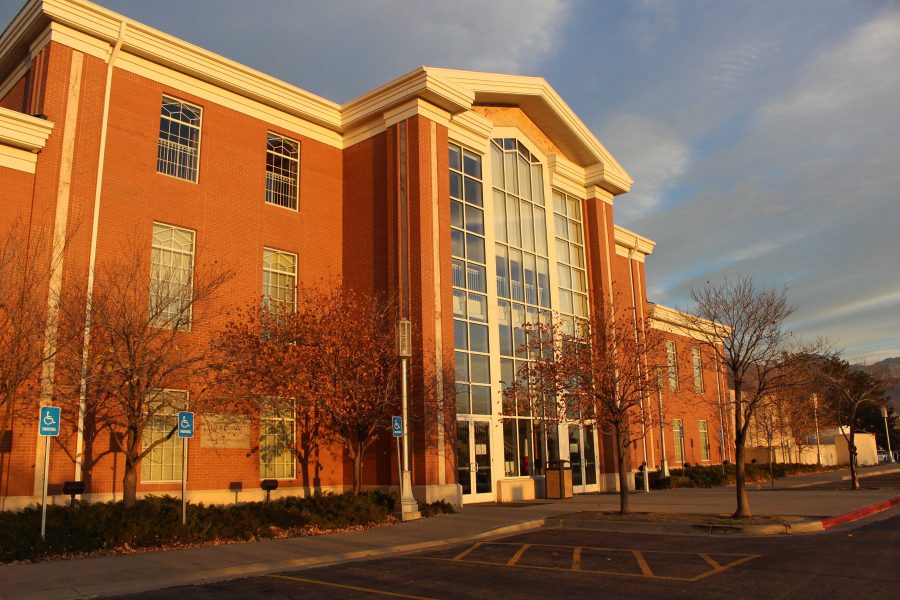




frank • Dec 21, 2021 at 9:54 am
i mean there are a lot of things that you’ve left out and haven’t considered either and tbh it just goes to show that you’re too narrow-minded. also, did you know that when you apply to work with a gig economy agency it’s made clear that you’re an independent contractor? why would you want to force people to be employees if they choose to be an independent contractor? would you want to take away that choice?